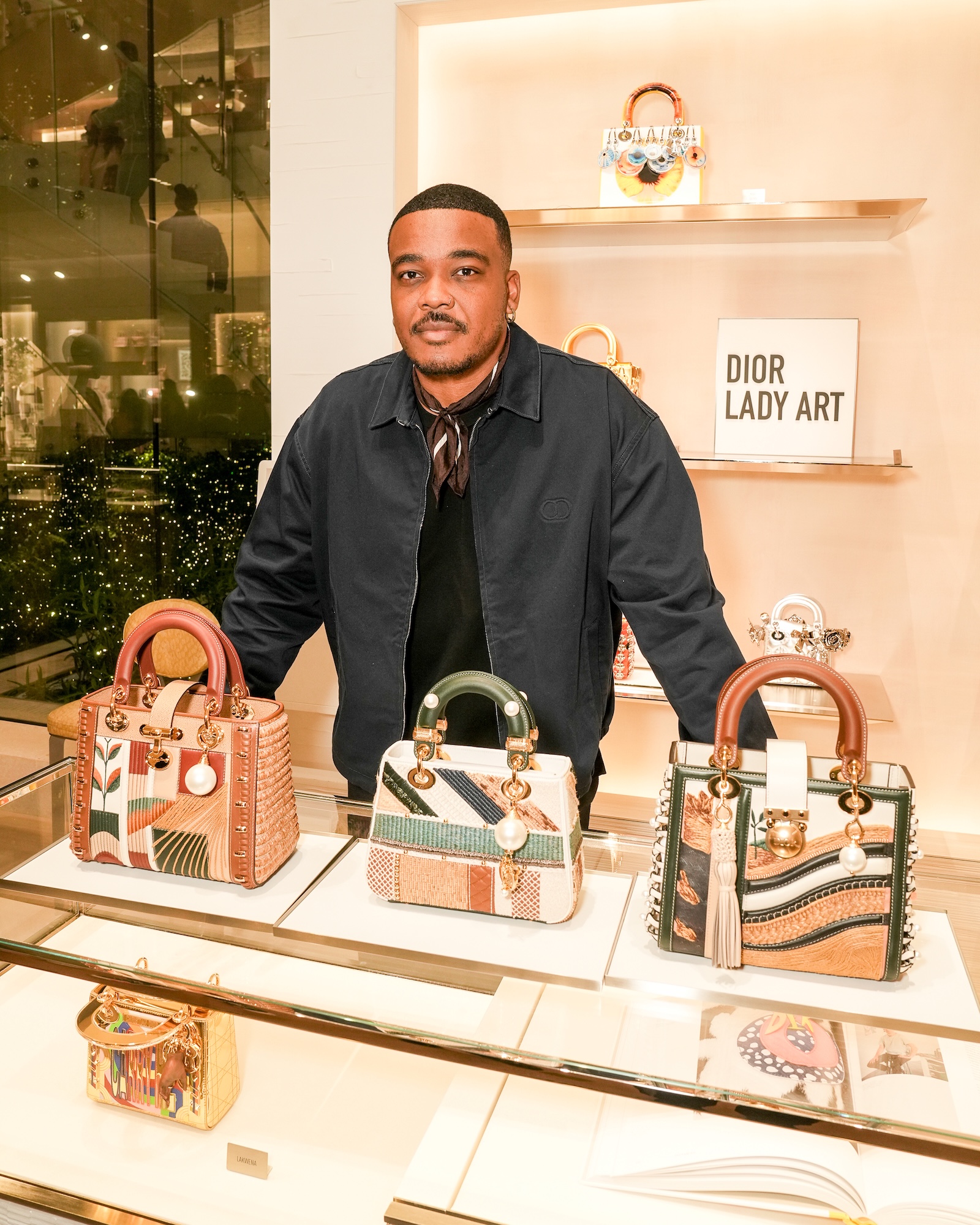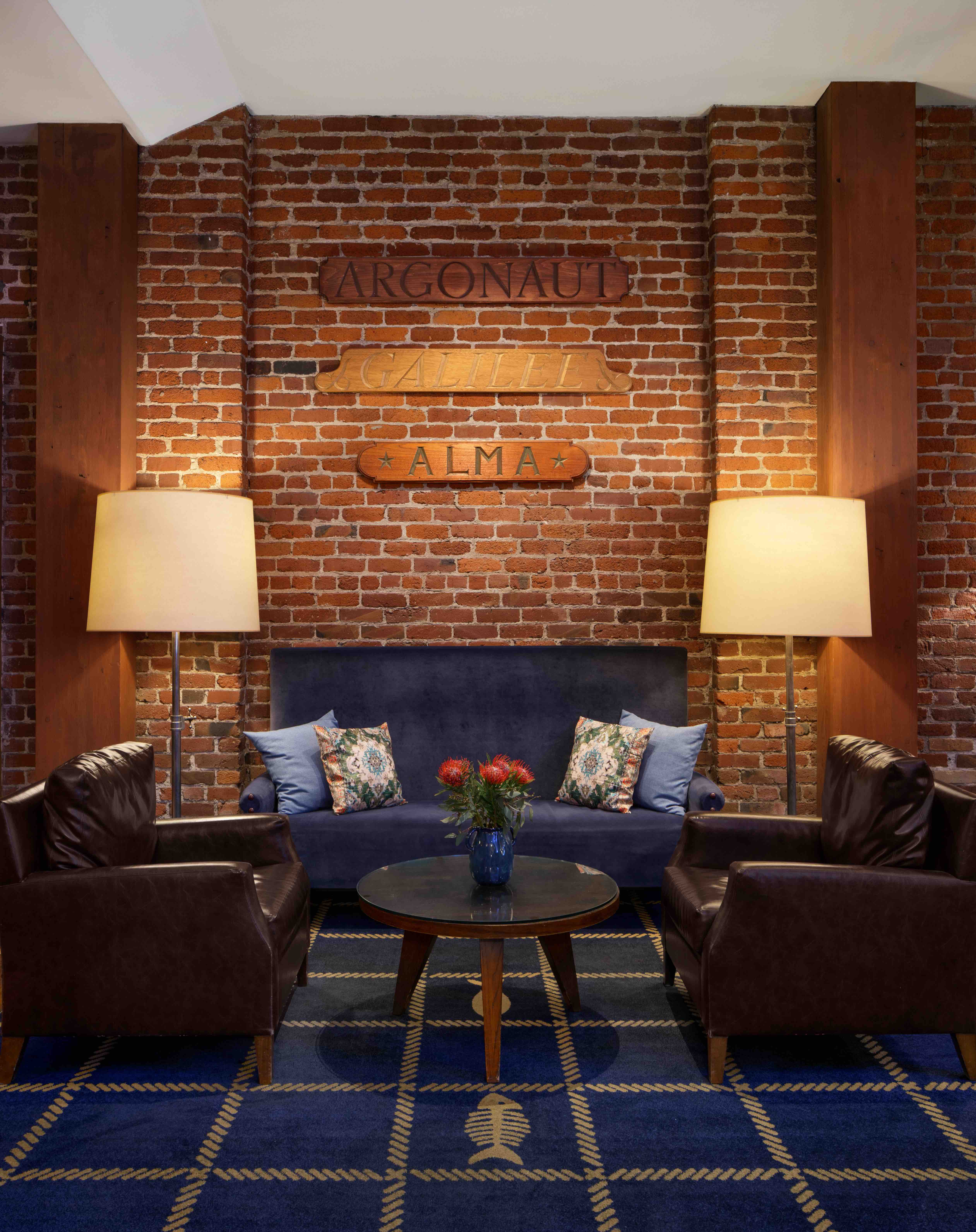

Courtesy of MycoWorks.
As the world endeavors to confront the environmental crisis, the clothing industry—one of the planet’s biggest crisis contributors—has been undergoing a reckoning, and in many instances, seeking to reinvent itself. One of the more exceptional cases in this urgent dialogue—with the help of iconic luxury brand, Hermès—is newcomer MycoWorks, launched in 2013. The brand’s material tech—which, notably, has been in development for over 20 years now— is known as ‘‘Fine Mycelium.’’ To put the complex effort simply, the technology works to replace traditional leather using mycelium—the vegetable part of fungus. Grown for this specific purpose, it ascends the limitations of what’s otherwise known as ‘‘mushroom leather.’’
MycoWorks—in an almost unheard of alignment for a brand so new—collaborated with the aforementioned Hermès to design the first mycelium product in the form of a luxury travel bag, which debuted in March. Interestingly—despite nearly two hundred years that separate their respective founding—both companies are devoutly committed to quality, craftsmanship, and innovation. The bag’s material? Sylvania, a biotech fabric developed exclusively for the collaboration. Tanned and finished in France, Sylvania perfectly lends itself to the unparalleled legacy of the famous Maison.
MycoWorks’ leading product is ‘‘Reishi,’’ a naturally based fine leather. “Reishi begins with an environmentally beneficial natural resource, mycelium,” says MycoWorks cofounder Sophia Wang, “one of the earth’s most powerful agents of environmental regeneration and carbon sequestration. What makes Fine Mycelium materials more than a sustainable option for leather is the fact that this is the world’s first made-to-order, natural material.”

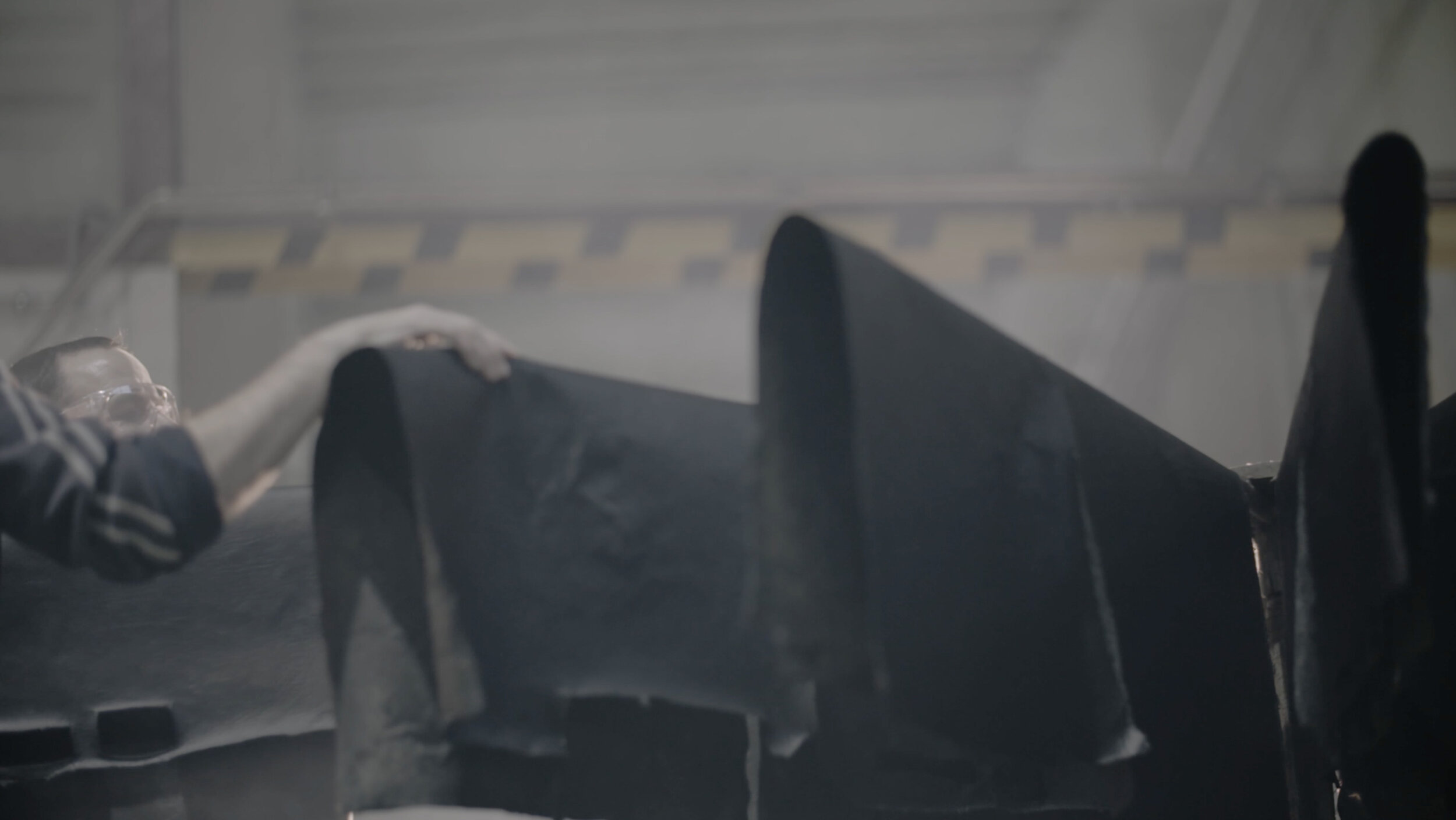
Courtesy of MycoWorks.
Rejecting the missteps of fashion predecessors, Wang explains that “controlling the size, shape, and thickness of Fine Mycelium as it grows, we minimize waste and enable greater control over quality and performance.” As Wang continues to describe the unique process and potential, it’s evident that MycoWorks is in a league of its own. “Because the Fine Mycelium process leverages agricultural waste from lumber mills and other plant-based industries,” she explains, “its production facilities can be co-located anywhere alongside wood and other agricultural production.” This major origin and distribution win—at its core—improves the accessibility of the tech to others in the industry.
MycoWorks makes clear that sustainability and environmental responsibility are not just buzz words—but the forward-thinking way of the future. As consumers raise ethics expectations for the inner workings of brands, as well as their respective final products, Wang proudly conveys that the California-based company has nothing to hide. “Our fully traceable production process,” she shares, “offers complete transparency into each step of creating Fine Mycelium, which enables our brand partners to offer that transparency to their consumers. While we are excited to see innovation in sustainable materials—and sourcing at every level of the fashion and luxury industries—we are the only biomaterial that meets the performance and quality needs of the industry, without compromising on sustainability.”
Indeed, MycoWorks has forged its own path and developed products completely capable of changing the game. The start-up will welcome change and innovation across all categories, but the brand’s unique positioning and ideas will allow for it to forego the cumbersome and restrictive nature of marketplace competition— to instead focus on trailblazing.
 
Courtesy of MycoWorks.
As the world endeavors to confront the environmental crisis, the clothing industry—one of the planet’s biggest crisis contributors—has been undergoing a reckoning, and in many instances, seeking to reinvent itself. One of the more exceptional cases in this urgent dialogue—with the help of iconic luxury brand, Hermès—is newcomer MycoWorks, launched in 2013. The brand’s material tech—which, notably, has been in development for over 20 years now— is known as ‘‘Fine Mycelium.’’ To put the complex effort simply, the technology works to replace traditional leather using mycelium—the vegetable part of fungus. Grown for this specific purpose, it ascends the limitations of what’s otherwise known as ‘‘mushroom leather.’’
MycoWorks—in an almost unheard of alignment for a brand so new—collaborated with the aforementioned Hermès to design the first mycelium product in the form of a luxury travel bag, which debuted in March. Interestingly—despite nearly two hundred years that separate their respective founding—both companies are devoutly committed to quality, craftsmanship, and innovation. The bag’s material? Sylvania, a biotech fabric developed exclusively for the collaboration. Tanned and finished in France, Sylvania perfectly lends itself to the unparalleled legacy of the famous Maison.
MycoWorks’ leading product is ‘‘Reishi,’’ a naturally based fine leather. “Reishi begins with an environmentally beneficial natural resource, mycelium,” says MycoWorks cofounder Sophia Wang, “one of the earth’s most powerful agents of environmental regeneration and carbon sequestration. What makes Fine Mycelium materials more than a sustainable option for leather is the fact that this is the world’s first made-to-order, natural material.”

Courtesy of MycoWorks.
As the world endeavors to confront the environmental crisis, the clothing industry—one of the planet’s biggest crisis contributors—has been undergoing a reckoning, and in many instances, seeking to reinvent itself. One of the more exceptional cases in this urgent dialogue—with the help of iconic luxury brand, Hermès—is newcomer MycoWorks, launched in 2013. The brand’s material tech—which, notably, has been in development for over 20 years now— is known as ‘‘Fine Mycelium.’’ To put the complex effort simply, the technology works to replace traditional leather using mycelium—the vegetable part of fungus. Grown for this specific purpose, it ascends the limitations of what’s otherwise known as ‘‘mushroom leather.’’
MycoWorks—in an almost unheard of alignment for a brand so new—collaborated with the aforementioned Hermès to design the first mycelium product in the form of a luxury travel bag, which debuted in March. Interestingly—despite nearly two hundred years that separate their respective founding—both companies are devoutly committed to quality, craftsmanship, and innovation. The bag’s material? Sylvania, a biotech fabric developed exclusively for the collaboration. Tanned and finished in France, Sylvania perfectly lends itself to the unparalleled legacy of the famous Maison.
MycoWorks’ leading product is ‘‘Reishi,’’ a naturally based fine leather. “Reishi begins with an environmentally beneficial natural resource, mycelium,” says MycoWorks cofounder Sophia Wang, “one of the earth’s most powerful agents of environmental regeneration and carbon sequestration. What makes Fine Mycelium materials more than a sustainable option for leather is the fact that this is the world’s first made-to-order, natural material.”
 
Courtesy of MycoWorks.
Rejecting the missteps of fashion predecessors, Wang explains that “controlling the size, shape, and thickness of Fine Mycelium as it grows, we minimize waste and enable greater control over quality and performance.” As Wang continues to describe the unique process and potential, it’s evident that MycoWorks is in a league of its own. “Because the Fine Mycelium process leverages agricultural waste from lumber mills and other plant-based industries,” she explains, “its production facilities can be co-located anywhere alongside wood and other agricultural production.” This major origin and distribution win—at its core—improves the accessibility of the tech to others in the industry.
MycoWorks makes clear that sustainability and environmental responsibility are not just buzz words—but the forward-thinking way of the future. As consumers raise ethics expectations for the inner workings of brands, as well as their respective final products, Wang proudly conveys that the California-based company has nothing to hide. “Our fully traceable production process,” she shares, “offers complete transparency into each step of creating Fine Mycelium, which enables our brand partners to offer that transparency to their consumers. While we are excited to see innovation in sustainable materials—and sourcing at every level of the fashion and luxury industries—we are the only biomaterial that meets the performance and quality needs of the industry, without compromising on sustainability.”
Indeed, MycoWorks has forged its own path and developed products completely capable of changing the game. The start-up will welcome change and innovation across all categories, but the brand’s unique positioning and ideas will allow for it to forego the cumbersome and restrictive nature of marketplace competition— to instead focus on trailblazing.

Courtesy of MycoWorks.
Rejecting the missteps of fashion predecessors, Wang explains that “controlling the size, shape, and thickness of Fine Mycelium as it grows, we minimize waste and enable greater control over quality and performance.” As Wang continues to describe the unique process and potential, it’s evident that MycoWorks is in a league of its own. “Because the Fine Mycelium process leverages agricultural waste from lumber mills and other plant-based industries,” she explains, “its production facilities can be co-located anywhere alongside wood and other agricultural production.” This major origin and distribution win—at its core—improves the accessibility of the tech to others in the industry.
MycoWorks makes clear that sustainability and environmental responsibility are not just buzz words—but the forward-thinking way of the future. As consumers raise ethics expectations for the inner workings of brands, as well as their respective final products, Wang proudly conveys that the California-based company has nothing to hide. “Our fully traceable production process,” she shares, “offers complete transparency into each step of creating Fine Mycelium, which enables our brand partners to offer that transparency to their consumers. While we are excited to see innovation in sustainable materials—and sourcing at every level of the fashion and luxury industries—we are the only biomaterial that meets the performance and quality needs of the industry, without compromising on sustainability.”
Indeed, MycoWorks has forged its own path and developed products completely capable of changing the game. The start-up will welcome change and innovation across all categories, but the brand’s unique positioning and ideas will allow for it to forego the cumbersome and restrictive nature of marketplace competition— to instead focus on trailblazing.
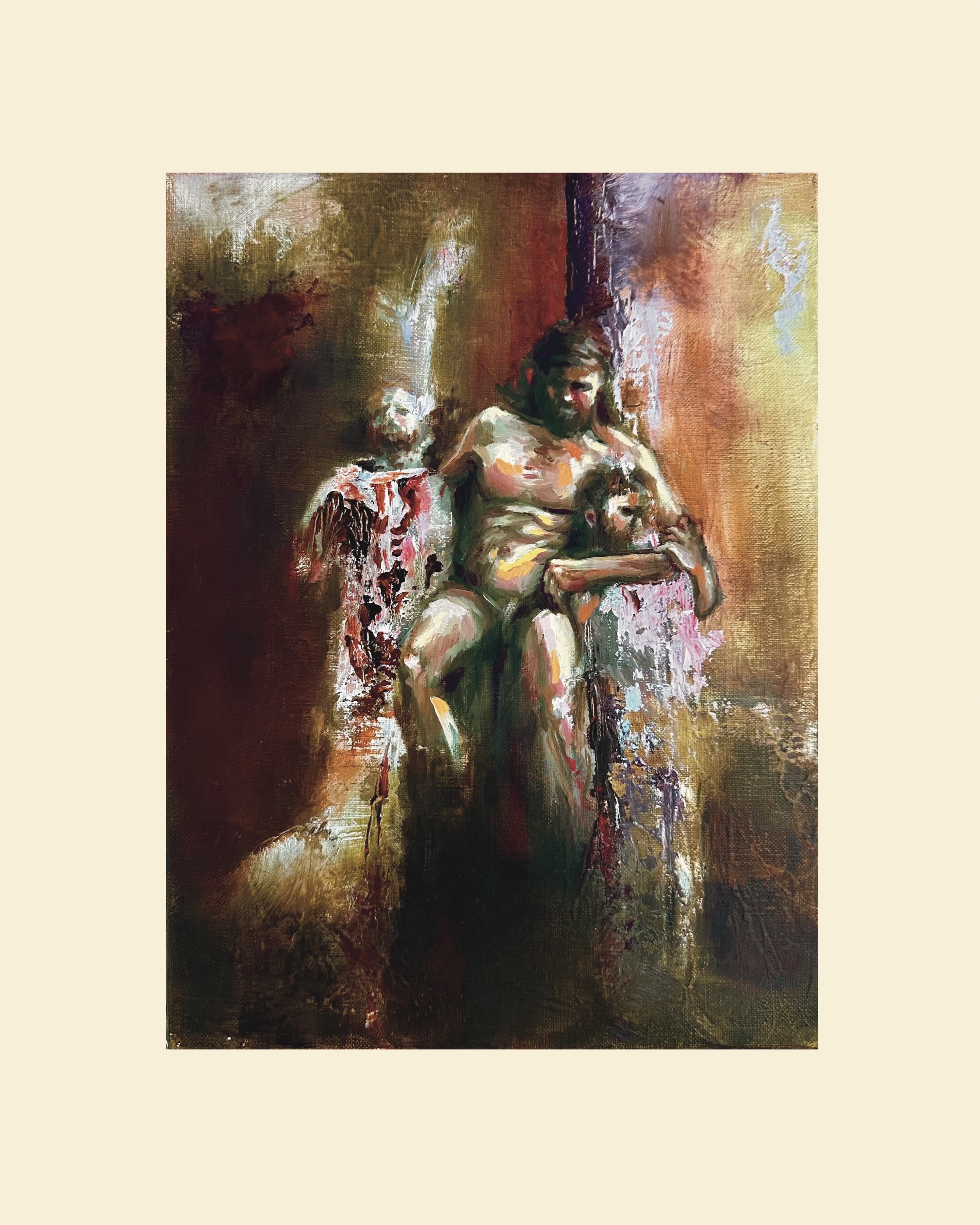


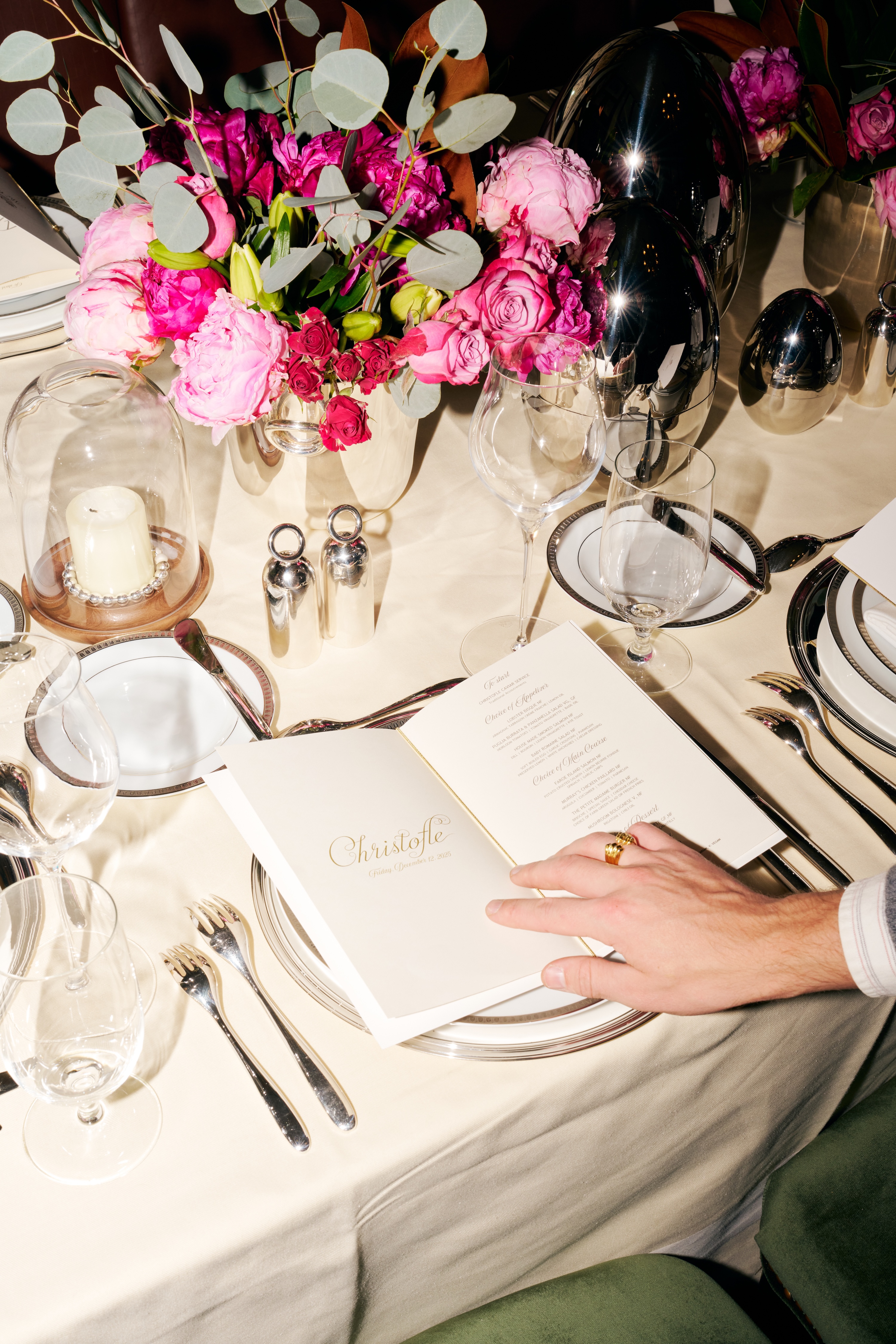
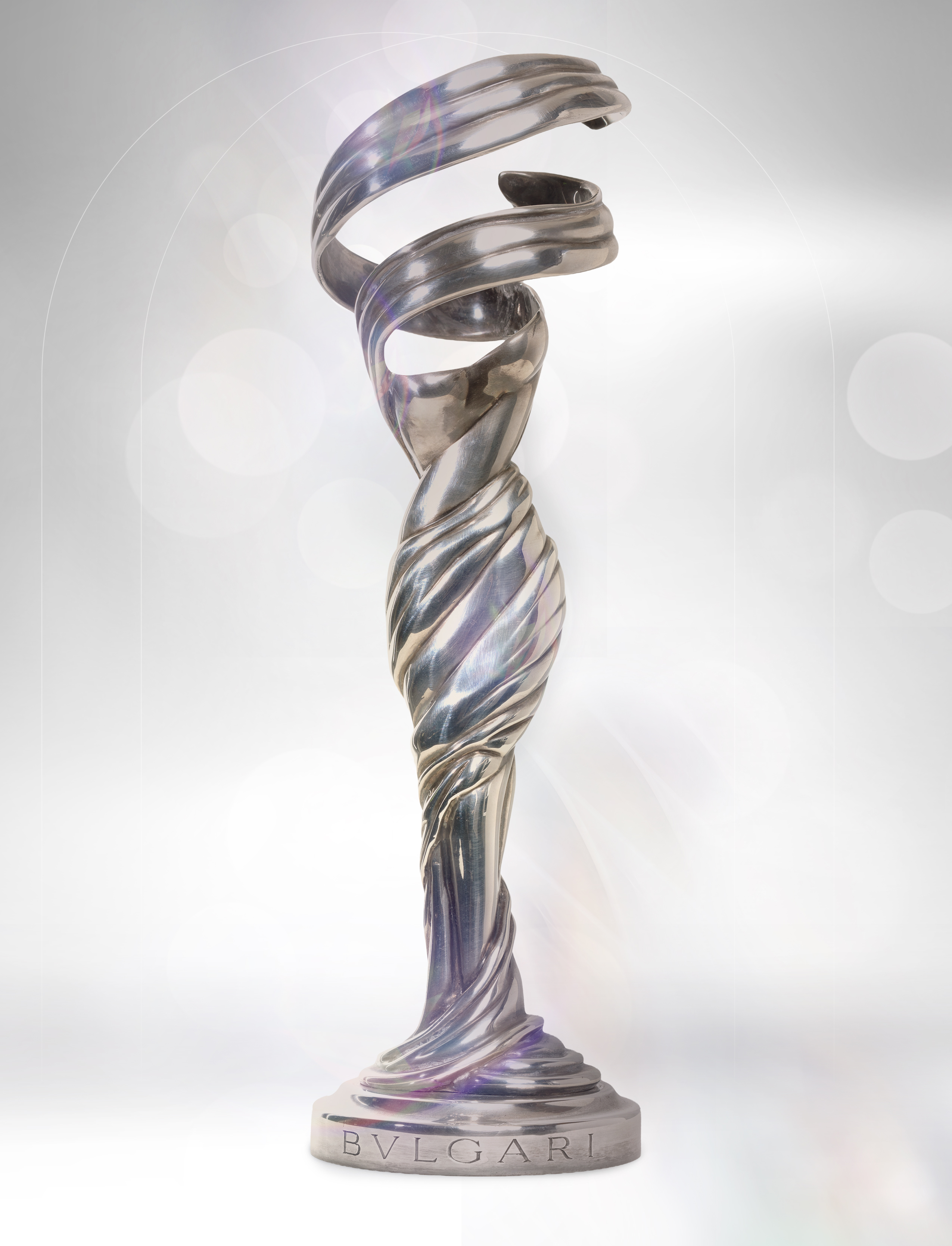
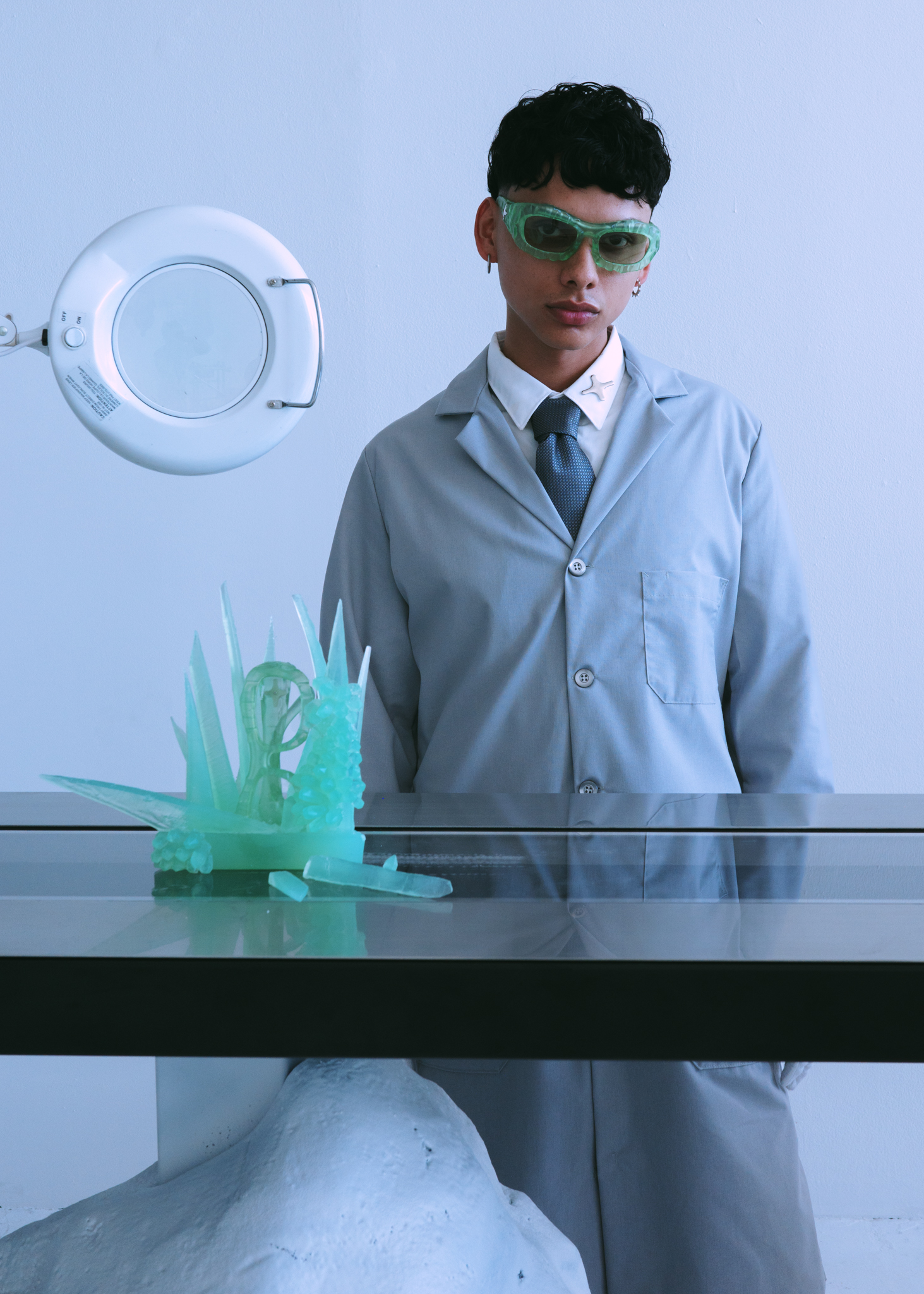

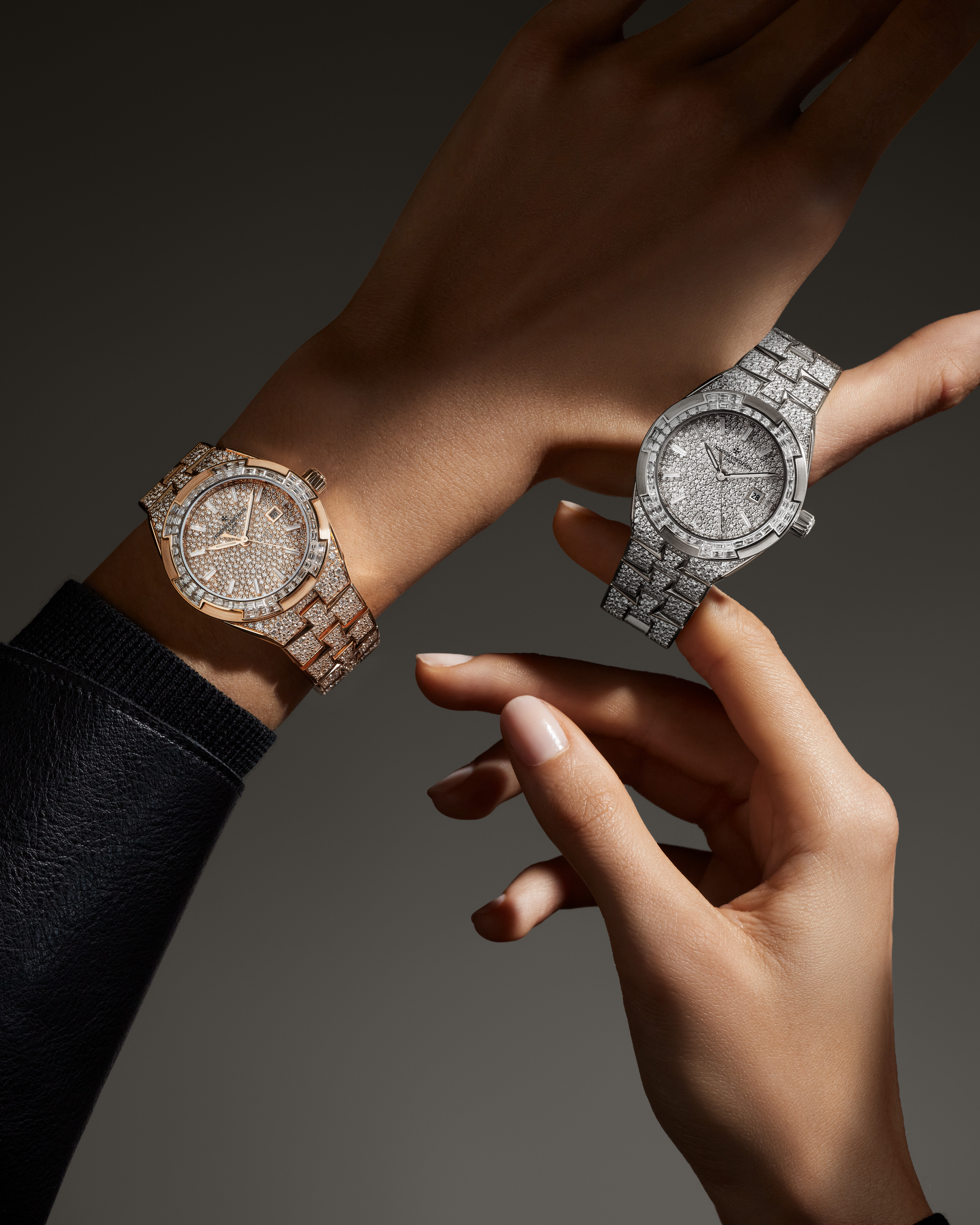
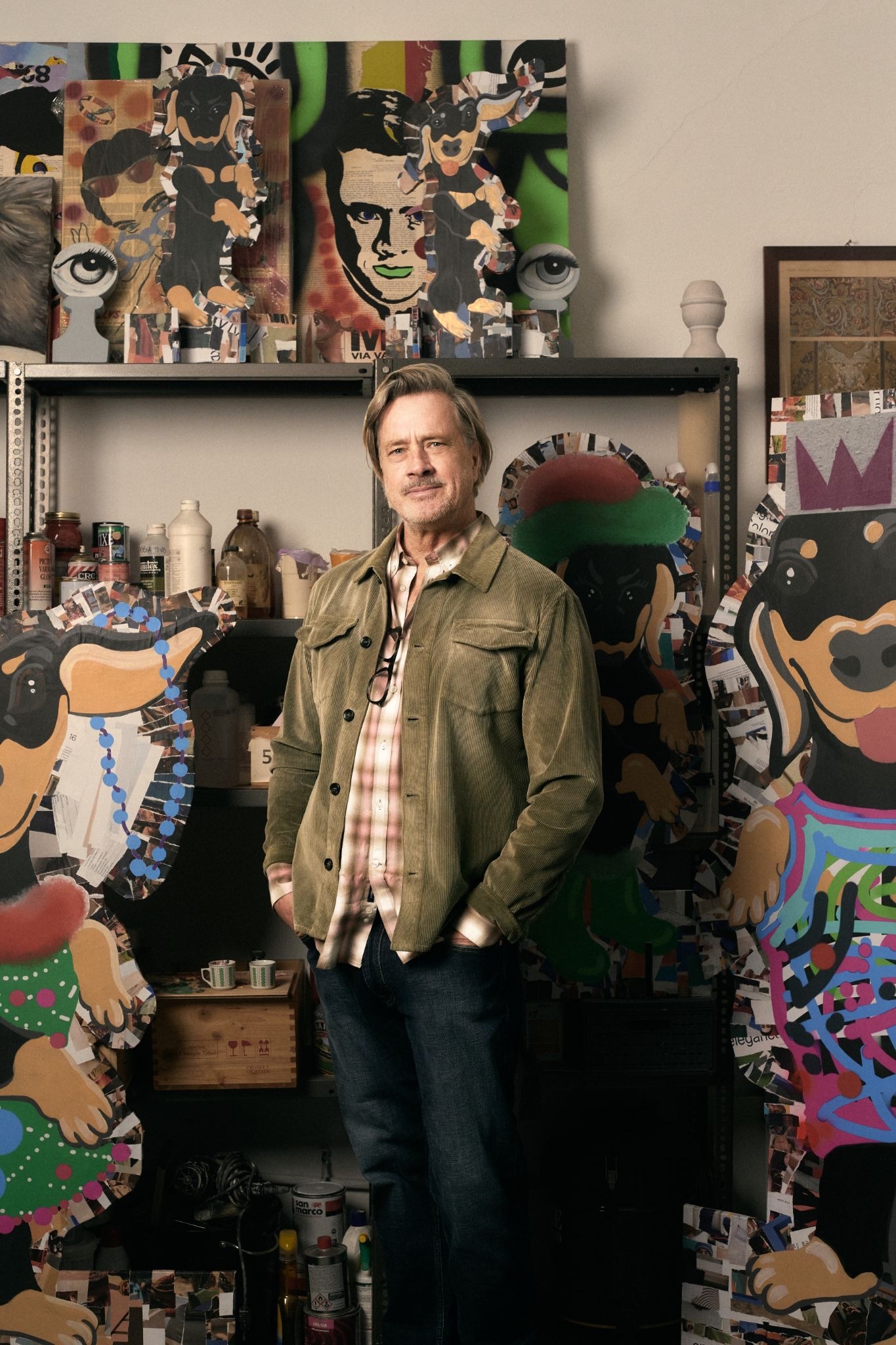
.JPG)
.jpg)
